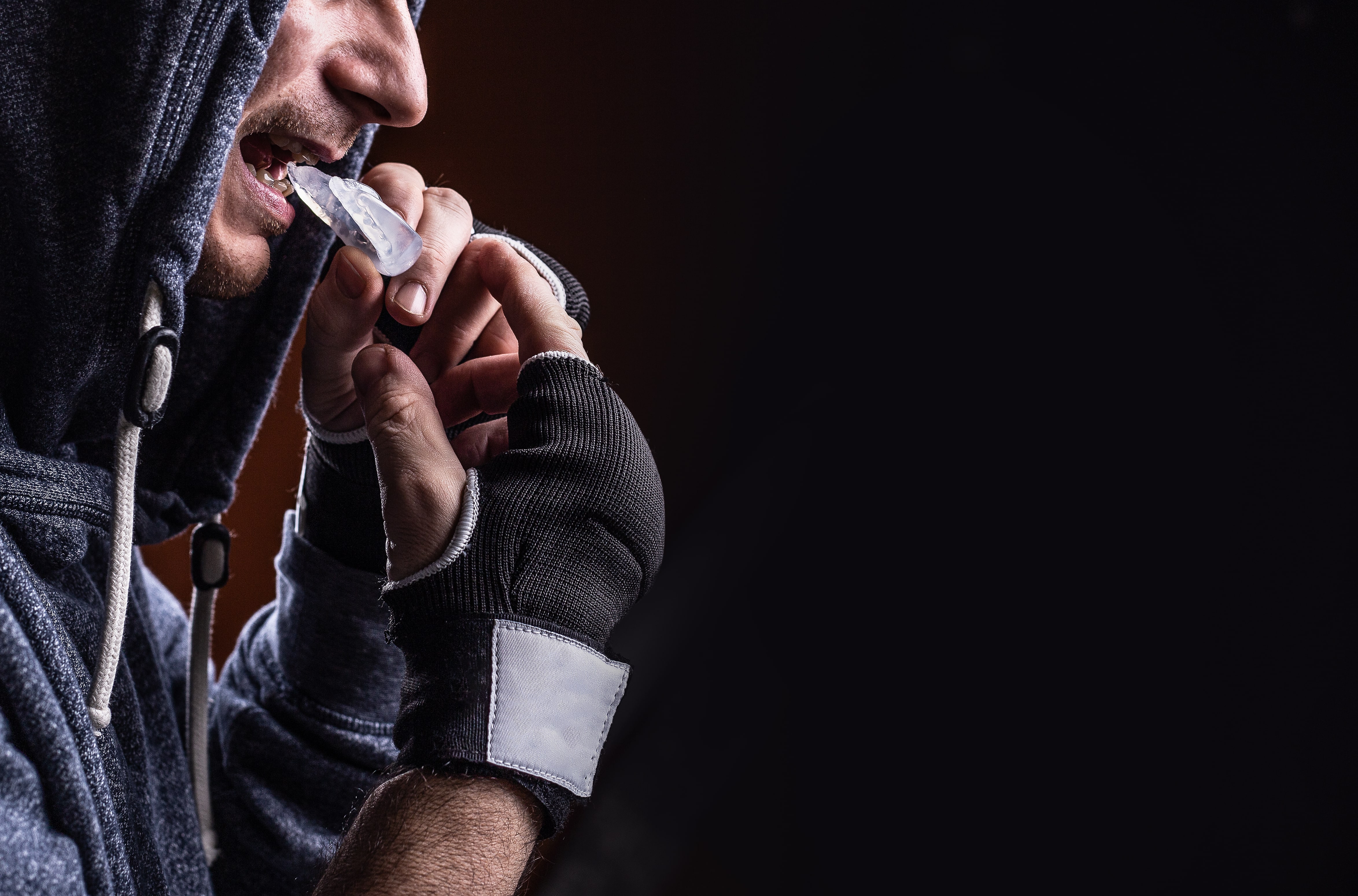Can Using Mouthguards Cause Damage to Your Gums?
Do you use a mouthguard? Do you know if this can actually be causing damage to your gums and teeth? Let’s take a look at this in more detail.
Mouthguards are often used by people who grind their teeth at night. They are a useful tool for protecting tooth enamel from long-term damage.
They are also used by people who play contact sports in order to protect their teeth in the event of an impact to the mouth or jaw.
However, they are not without problems. It is important that you use a mouthguard as directed, and clean it properly, to protect your oral health.
What are the Dangers of Mouthguards
Aside from playing sport, mouthguards are designed to treat a condition called bruxism. However, they are not a one-stop solution for oral health.
You should make sure that you brush your teeth before you put your mouthguard in, and also make sure that you keep the mouthguard clean.
A mouthguard can harbour bacteria which can cause gum disease.
Can Mouthguards Make Your Gums Recede?
If you use a mouthguard properly, then it should actually protect your gums, rather than damage them. If, however, you use a dirty, damaged or ill-fitting mouthguard then you could actually be damaging your gums.
Some people who are nervous about going to the dentist, or who think that they cannot afford to go to the dentist, will wear stock mouthguards that are cheap but are ‘one size fits most’.
These may offer some protection from griding, but they do not fit well and they can make it hard for people to breathe normally while they are in.
In addition, they can be hard and uncomfortable and may irritate the gums, making them at greater risk of infection. There are ‘boil and bite’ mouth protectors, which are often used by young athletes who play contact sports.
These are better than a stock mouthguard, and they could be used to manage bruxism. However, they are thicker and heavier than the mouthguards that a dentist would usually provide if you grind your teeth, so they are not the ideal option.
Custom-fit mouthguards are a more expensive up-front investment, but they are more comfortable and are gentler on your gums, too.
Custom-fit mouthguards allow you to breathe comfortably and even talk while they are in. You may need them refitted every year or so, but it is well worth the expense to get something that is kinder to the delicate tissue in your mouth.
Caring for a Mouthguard
To reduce the risk of infection or gum damage, we recommend that people clean their mouthguard between use. Simply rinse it with mouthwash before and after wearing it.
In addition to the daily cleaning, it’s a good idea to clean the mouthguard with warm soapy water on a regular basis.
You don’t need to scrub the mouthguard particularly vigorously, because this could actually damage it, creating small scratches where more bacteria could live. Keeping it generally clean, however, is important.
Don’t Neglect Dental Check-Ups
Regular dental health check-ups are a must for everyone, but particularly for people who suffer from bruxism.
It is important that you wear a mouthguard that properly covers all of your teeth, and that you have regular checkups to ensure that your ‘bite’ is not shifting over time because of an ill-fitted mouthguard.
We recommend that people get their mouthguards checked regularly, to ensure that they still fit properly and that they are not damaging their gums. We also recommend that people see a hygienist regularly to ensure that their gums are in good health.
When it comes to the health of your teeth and gums, it really is true to say that prevention is better than cure. Getting corrective dental treatment is expensive and can be painful in some cases.
Taking a few moments a couple of times a year to ensure that everything is OK, and to catch issues early, is a much better option. Are you concerned about the effect of mouthguards on your teeth and gums? If so, then look no further than Gardens Dental.
Gardens Dental offers a full array of advice and dental services in Taylors Lakes to help you and your family maintain healthy teeth.
To learn more about our services or make an appointment, please contact us today on (03) 9449 2626 or through our website.

